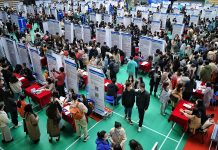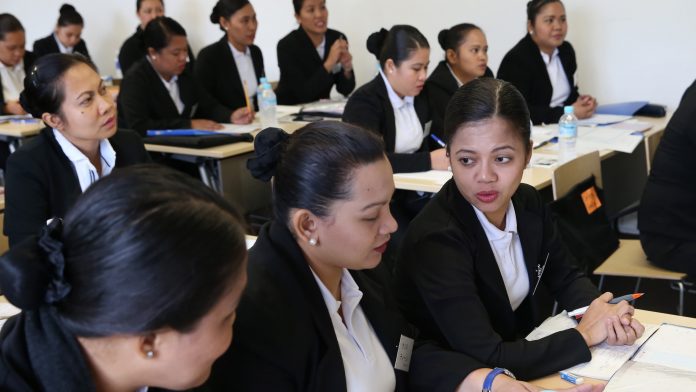Foreign trainees are a common sight in the cities of Japan, especially in recent years. Japan has been facing a huge population problem due to less and less workers dedicating themselves to raising a family and instead focusing on their careers. As such, these foreign trainees prove to be an invaluable source of manpower should they prove themselves and are given full time employment.
However, these same trainees and interns are some of the worst affected demographics of the COVID-19 pandemic. Many of them have lost their jobs because of the coronavirus with most not knowing what to do next.
Fortunately, foreign trainees who lost their jobs due to the impact of the coronavirus pandemic will be able to switch jobs and stay in Japan, the Immigration Services Agency said.
With the ongoing outbreak of the infectious disease expected to cause a major economic fallout around the world, the Japanese government announced support measures for foreigners under the country’s technical intern program.
Said relief measures are expected to extend out to foreign skilled workers who have lost their jobs and international students whose employment offers were withdrawn due to the pandemic.
The programme was established to promote international cooperation by providing the skills and knowledge in Japanese industries to developing countries. Additionally, workers with exceptional talent would also be offered jobs in Japan in order to make up for the shrinking workforce. Currently, trainees are only allowed to work in designated fields under the current regulations.
The government will arrange for trainees to return to their designated profession once the pneumonia-causing virus pandemic has ended.
Unfortunately, the severity of the COVID-19 outbreak means that contracts in certain fields such as the manufacturing and tourism sectors are not being renewed, while industries such as agriculture and nursing care face manpower shortages as new technical intern trainees cannot travel to Japan.
The agency, together with other public entities, will try to match out-of-work foreigners with farms and nursing care facilities in need.
Foreign workers can seek jobs in 14 fields and employers are obliged to provide payments at least on par with Japanese workers.
Following the approval of their new jobs, these foreign trainees and interns will have their residential status changed to “designated activities,” allowing them to work for up to one year. They can file applications to change their status from 20 April onwards.























